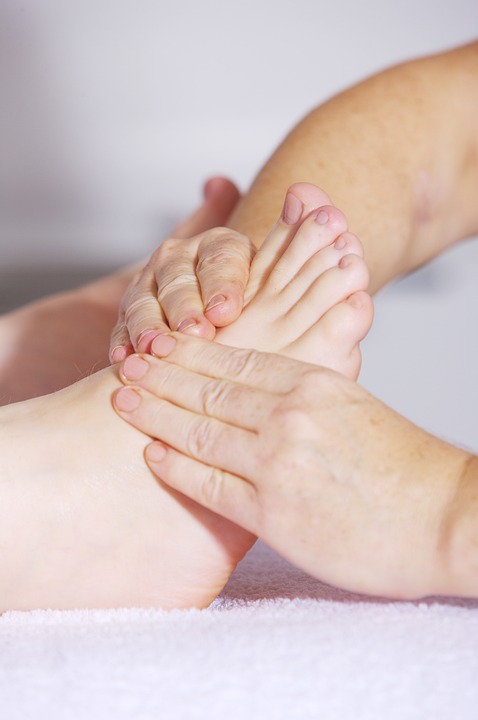
The Link Between Mental Health and Physical Well-being
When it comes to overall well-being, it is important to acknowledge the strong connection between mental health and physical health. Both aspects are intertwined and play a significant role in maintaining a balanced and healthy lifestyle.
Mental health refers to a person’s emotional, psychological, and social well-being while physical health refers to the state of a person’s body and its ability to function properly. These two components are interconnected, and changes in one can affect the other.
Physical activity has a profound impact on mental health. Engaging in regular exercise releases endorphins, commonly known as the “feel-good” hormones. These endorphins can reduce feelings of stress, anxiety, and depression, promoting positive mental well-being. Similarly, exercise also improves the quality of sleep, allowing the body and mind to recharge and rejuvenate.
Conversely, poor mental health can have detrimental effects on physical health. Individuals experiencing high levels of stress or depression are more prone to developing health issues such as cardiovascular diseases, chronic pain, or weakened immune systems. Additionally, studies have shown that psychological distress can weaken our immune response, making us more susceptible to infections and illnesses.
Furthermore, the mind-body connection goes beyond exercise. Chronic pain conditions, for example, can contribute to increased levels of stress and anxiety, affecting one’s overall mental well-being. Similarly, individuals struggling with mental health disorders may find it challenging to engage in healthy behaviors such as proper nutrition or regular sleep patterns, further impacting physical health.
It is crucial for individuals to adopt practices that promote both mental and physical well-being. Here are some steps to support a harmonious balance:
1. Regular Exercise: Engaging in physical activities, whether it’s walking, jogging, or yoga, can enhance your mental well-being by releasing endorphins and reducing stress.
2. Proper Nutrition: A well-balanced diet rich in fruits, vegetables, and lean proteins provides the necessary nutrients for both physical and mental health. Avoid excessive consumption of refined sugars and unhealthy fats, as they can negatively affect mood and energy levels.
3. Sleep Hygiene: Prioritize getting enough sleep each night, aiming for 7-9 hours. Quality rest helps regulate emotions, increases productivity, and improves physical functions.
4. Stress Management: Adopt stress-management techniques such as deep breathing exercises, meditation, or engaging in hobbies you enjoy. These activities can help reduce stress levels and promote relaxation.
5. Seek Support: Never hesitate to seek professional help if you’re experiencing mental health concerns. Mental health professionals can offer guidance and support to improve your overall well-being.
By recognizing and embracing the link between mental health and physical well-being, individuals can take proactive steps to create a healthier and more balanced lifestyle. Prioritizing self-care and paying attention to both aspects of health will undoubtedly lead to improved overall well-being and a higher quality of life.
Luxury Items for Moms - 70% OFF at ClassyLuxe.com
Younger Glowing Skin - Discover Ancient Ayurvedic Secrets at DoctorIndiaHerbals.com
Explore One of the Largest Collections of Dinosaur-Themed Toys, Games, Gifts, Decor, and More at DinoAvenue.com
Empowering Moms at Every Step - www.SuperMommy.io
Discover Premium Design Elevator Shoes for Men and Women at LondonCobblers.com
Discover Hidden Family Destinations for Vacations at Places.Travelz.io
Find the Best Deals on Airfare and Hotels with Advanced Metasearch Technology at www.Travelz.io